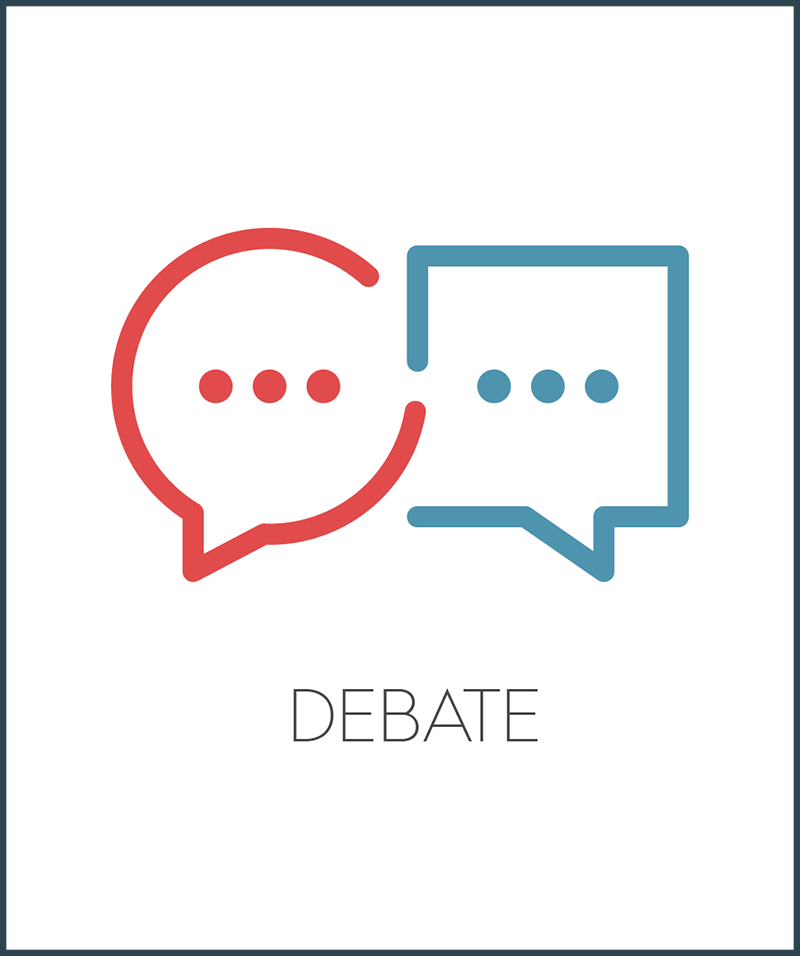Dean: Dialogue is better than punishment in co-authorship conflicts
Several PhD students feel pressured to share the credit for their research. But the issue has many grey areas, and that’s why we need to be able to talk about it openly, writes Anne-Mette Hvas.

Two new Danish studies, which have been published in PLoS One and Springer, have focused on the problem of “guest authorships” in the research world.
The debate has been running with great intensity in both print and social media ever since the #pleasedontstealmywork campaign began in the spring of 2022. Several PhD students, writing both under their own names and anonymously, have reported their experiences of pressure and unfair treatment in connection with the publication of scientific articles.
This is something we need to talk about – and we should do so with a shared awareness that complex issues can often be seen from several sides.
No more contact anxiety
At the Faculty of Health at Aarhus University, we have made concrete efforts to create a research culture in which we can talk openly about the various interests at stake.
Under the inspiration of Erasmus University Rotterdam, we have introduced a Dilemma game about responsible research conduct, which gives all of the faculty’s research groups a tool to promote joint discussion about some of the things that are difficult - and where the truth often lies in the eye of the beholder.
The game includes, for example, a dilemma in which a PhD student tells her colleagues about a professor who has asked to be named as the last author of articles that the PhD student has allegedly written ‘entirely alone’. According to the student, the professor has contributed only some linguistic details. In this dilemma, the researchers discuss what they each would advise the PhD student to do.
Should she contact the university’s advisers on the responsible conduct of research? Or will the players challenge the PhD student on her claim to have written the articles ‘entirely alone’, without contributions from her supervisors, including the professor – for example in the form of the idea on which the project is based, academic sparring, discussion of the results, or previous data?
The aim of the game is to create a platform from which to tackle the debate without it becoming personal; a framework in which we can discuss a common issue across the levels of seniority, and which will always include the need to reconcile different considerations. In this way, we can ensure that we regularly take a critical discussion about the integrity and professionalism of our research.
Grey areas in a competitive environment
Since 2016, all of our PhD students have also attended a course on the responsible conduct of research, in which authorship is an important topic. The issue is also included in the guidance course for established researchers.
Medicine has far more PhD students than other study programmes, and students here have to navigate a day-to-day life with many collaborators.
This is a complex situation, because, of course, there will be always be grey areas in a competitive environment with cross-disciplinary collaborations – but that is exactly why it makes sense to take the lead in discussions about authorship.
A dilemma game cannot solve such complex problems at a stroke, but it is a first step on the way to creating a forum for reflection and debate between young and experienced researchers.
Part of the problem is that there is no obvious solution once disagreements arise. Neither the Universities’ Practice Committee nor the Danish Committee on Scientific Dishonesty provide a suitable forum for resolving such cases, which do not fall under the headings of plagiarism, fabrication or falsification.
Authorship is a part of research culture where it is not immediately possible to obtain mediation or impartial advice in cases of doubt or disagreement.
It is thought-provoking that PhD students have no obvious place to go when they encounter a challenge like this. But we should consider carefully whether creating yet another body would be the solution, and we must be careful not to generalise on the basis of the most glaring examples.
In the Faculty of Health at Aarhus University, our experience is that the vast majority of conflicts about authorship stem from misunderstandings, grey areas or a lack of open dialogue about why things are the way they are. Here, the dilemma game provides a golden opportunity to put these things into words and perhaps, in the long run, change the research culture.
Dialogue rather than punishment
Minister for Higher Education and Science Christina Egelund (Moderates) has recently stated that she is “exploring the possibilities of learning more about the issue”. This is an important and encouraging statement, so we are happy to contribute – for example by refining the debate to a discussion of how a good culture of authorship is a joint task, but a leader’s responsibility, and how we in the various educational institutions work on a good way of handling the task.
Neither more rules nor sanctions will solve the problem – we must continue to focus on the issue and encourage open conversation. It will be easier when – for example through specific initiatives such as dilemma games – we create a framework for the dialogue.
This debate post was published in Altinget on February 17 2023: Dekan: Dialog er bedre end straf i konflikter om medforfatterskab - Altinget - Alt om politik: altinget.dk (in Danish)